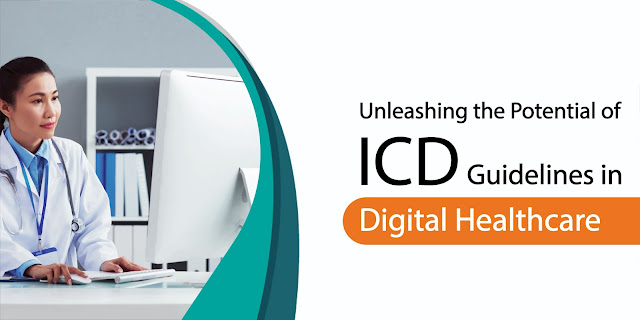Digital Healthcare Software: Revolutionizing Patient-Centric Care

Introduction The healthcare landscape is undergoing a profound transformation, with technology playing a pivotal role in placing patients at the center of care. Digital healthcare software is at the forefront of this revolution, empowering healthcare providers to deliver patient-centric services and streamline operations. In this article, we delve into the ways technology is leveraging patient centricity through digital healthcare software solutions. The Rise of Digital Healthcare Digital healthcare , often referred to as eHealth or HealthTech, encompasses a wide range of technology-driven solutions aimed at improving healthcare delivery, enhancing patient outcomes, and optimizing operational efficiency. With the global digital healthcare market projected to reach USD 509.2 billion by 2025, the impact of technology on patient-centric care cannot be understated. Key Ways Technology Enhances Patient Centricity Telemedicine and Remote Monitoring One of the most significant advanceme...

